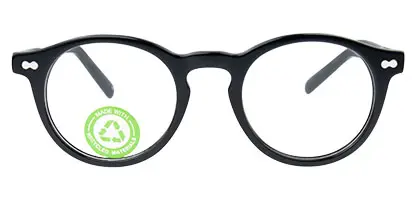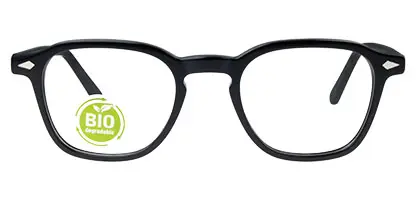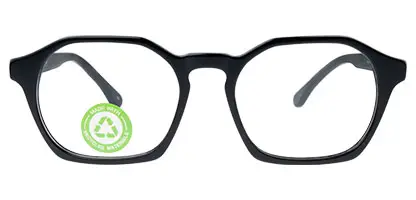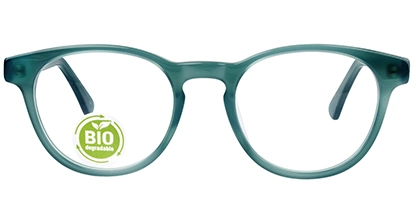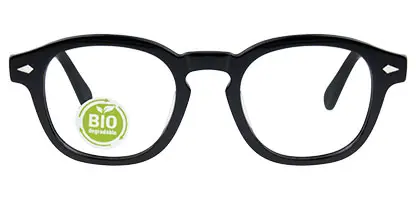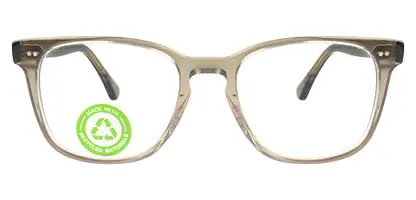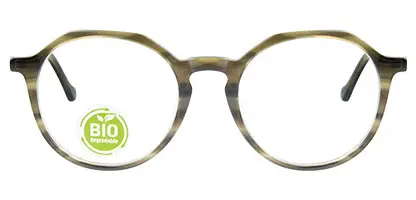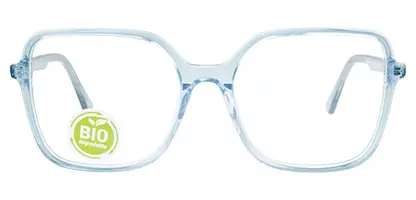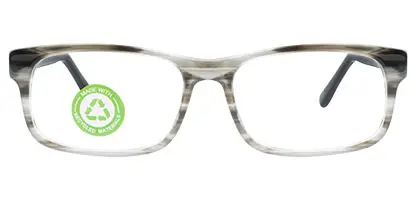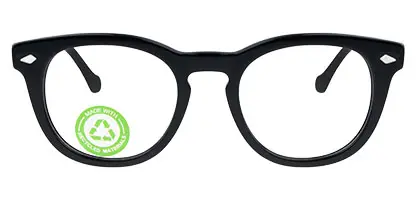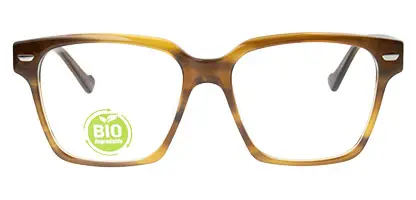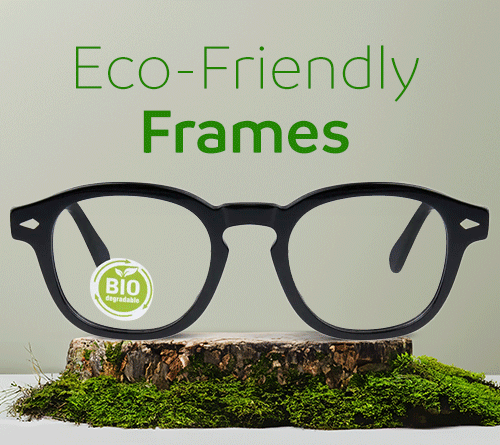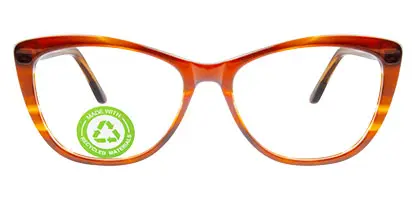EARTH Prescription Glasses reflect today’s environmental priorities by offering stylish, sustainable eyewear for those who promote an eco-friendly lifestyle. With a commitment to affordability and ethical production, EARTH is all about fashion, vision, savings and sustainability.
Design and materials used
EARTH prescription glasses feature a clean, modern aesthetic. Crafted from sustainable materials like recycled acetate and bio-based acetate, they ensure durability and eco-friendliness. Recycled acetate repurposes post-consumer waste, while bio-based acetate, derived from plants, is biodegradable in specialised conditions, leaving no harmful microplastics behind.
Why Choose EARTH prescription glasses?
EARTH’s mission is to provide affordable, high-quality eyewear without compromising the planet. The brand invests in innovative methods to improve sustainability in production, materials, and distribution, aiming for a greener future.
EARTH glasses cater to men, women, and anyone passionate about sustainability. By balancing eco-friendly choices with affordability, EARTH ensures that protecting the planet doesn’t cost the EARTH.
Benefits and Features of EARTH prescription glasses
All glasses include free standard lenses with various customisation options like blue light lens coating or sun tints that cater to various needs. While general glasses currently use CR39 plastic for durability, EARTH prescription glasses are fully sustainable, bridging the gap between functionality and sustainability.
Start your journey into sustainable eyewear with EARTH prescription glasses, available exclusively at Feel Good Contacts, from £15.

 Offers
Offers Account
Account
 Favorite
Favorite
 Basket
Basket

 OFFERS
OFFERS












 Aviator
Aviator  Cat Eye
Cat Eye  Clubmaster
Clubmaster  Oval
Oval  Rectangle
Rectangle  Round
Round  Square
Square  Wayfarer
Wayfarer  Black
Black  Blue
Blue  Brown
Brown  Clear
Clear  Gold
Gold  Green
Green  Grey
Grey  Gunmetal
Gunmetal  Multicolour/Other
Multicolour/Other  Nude
Nude  Pink
Pink  Purple
Purple  Red
Red  Rose Gold
Rose Gold  Silver
Silver  Tortoise
Tortoise 